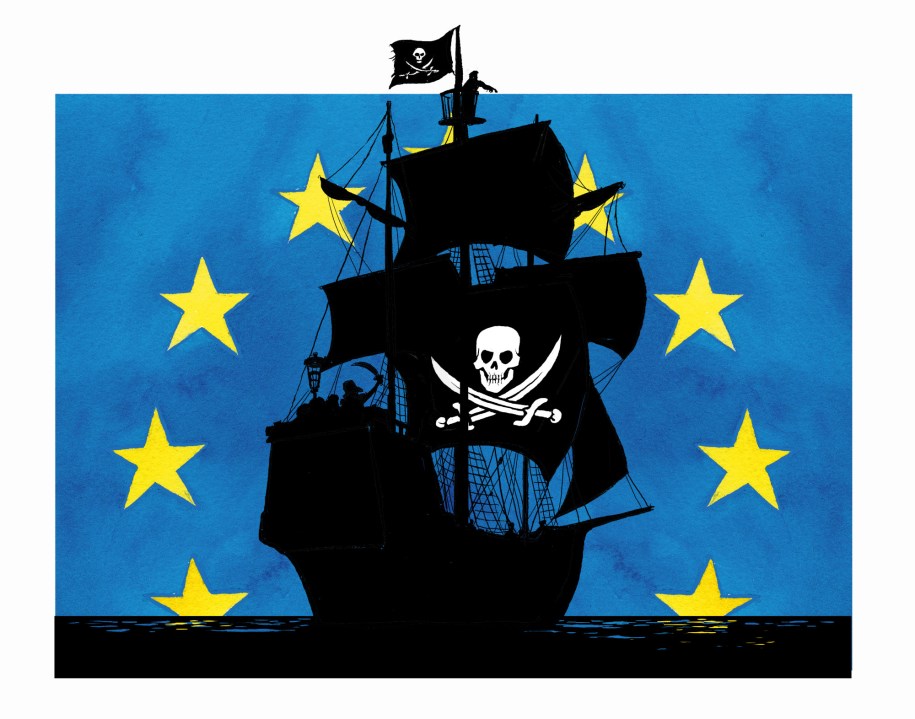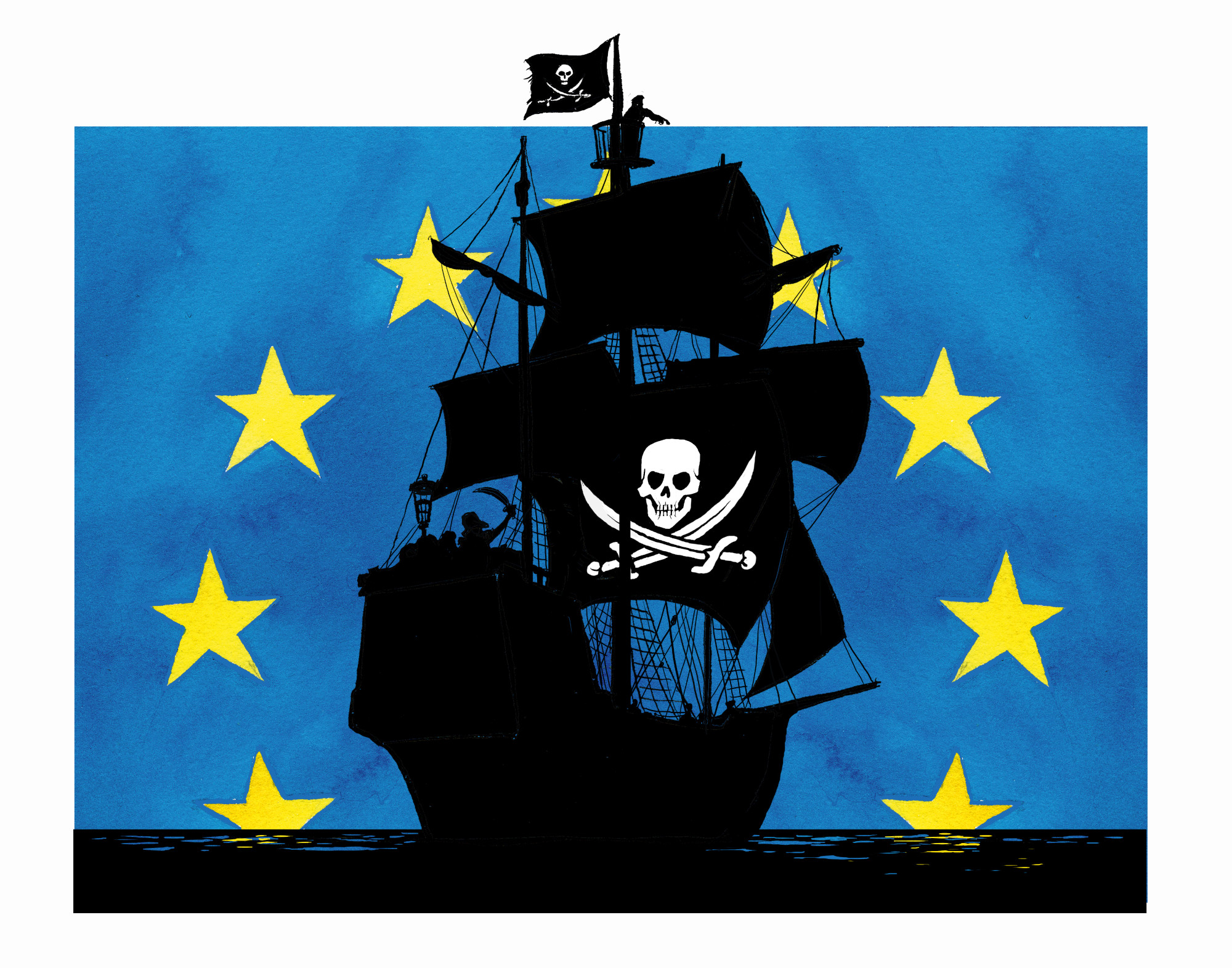Over in Brussels, a scandal has erupted over the role of ‘non-governmental organisations’, or NGOs, in European Union decision making.
In a new report, the European Court of Auditors, the EU’s in-house financial watchdog, has criticised the European Commission’s ‘opaque’ monitoring of how EU funds are distributed to these organisations.
Between 2021 and 2023, the EU dished out €7 billion to 90 NGOs through various funds, focused on environmental policy, migration or science. According to the Court of Auditors, 30 of these NGOs received more than 40 per cent of EU funds between 2014 and 2023 – some €3.3 billion.
That may only be the tip of the iceberg when it comes to NGO funding. The auditors warned that the figures ‘should be taken with caution, as there is no reliable overview of EU money paid to NGOs’, and lamented that ‘the information is published in a fragmented way, which hampers transparency, impedes analysis of whether EU funds are overly concentrated on a small number of NGOs, and restricts insight into the role of NGOs in EU policies.’
The investigation follows accusations from members of the European parliament that the EU Commission has been paying NGOs to lobby in favour of the EU’s ‘Green Deal’, a series of costly EU climate policies.
In response to the report, the Commission admitted that:
‘In some cases work programmes submitted by the NGOs… contained specific advocacy actions and undue lobbying activities.’
The Commission says this will no longer happen and has vowed to prevent any grants given to NGOs taking part in its ‘Life’ environmental programme being used to lobby specific policies or MEPs.
EU Commission officials have also reportedly told health policy-focused NGOs not to expect any operating grants from its health directorate this year. This may end up affecting green NGOs like the ‘Health and Environment Alliance’, which receives the majority of its funding from the EU budget, and frequently lobbies the EU to bring about ‘a future in which we have transitioned to a toxic free, de-carbonised, climate resilient and sustainable economy and way of life.’
All this, as you can imagine, has not gone down well with the Brussels NGO sector, which has accused right-leaning European parliamentarians of ‘waging MAGA-inspired attacks on NGOs’.
In reality though, MEPs are pointing out the obvious: that if an NGO receives taxpayer funding it should not lobby parliamentarians and it should not be treated as a neutral representative of civil society by policy makers. Unfortunately that is currently not the case in the Brussels – where NGOs have had an outsize influence on policy for decades.
This is an issue in the UK as well. In the charity sector, Oxfam, for example, is funded by the Department for International Development, the European Union and the United Nations. The NGO engages in political lobbying of various kinds, including on climate, tax, and immigration policy. It almost always takes a left-wing stance on these issues.
The Foreign Office also funds highly politicised NGOs that are engaged in campaigning in the Israel-Palestine debate, with some calling for a boycott of goods from Israel. It should raise eyebrows that UK taxpayer money is spent on either side of this hyper-sensitive debate.
Many NGOs have become so dependent on taxpayers or large foundations that they no longer rely on individual contributions from the public. The NGO Asylum Aid, for example, only receives about 6 per cent of its £1.7 million income from individual donations, with the rest coming from the taxpayer or donors such as the Open Society Foundation.
The combined budget of the UK’s 170,000 charities amounted to £94 billion last year, almost twice the Ministry of Defence’s budget. That kind of money can translate into a lot of influence. Take the energy sector. Energy Secretary Ed Miliband recently appointed CEOs from the Wildlife Trust and the Centre for Net Zero to his ‘Clean Power 2030 Advisory Commission’. These bodies will now be providing ‘expertise’ on how the UK will decarbonise its electricity grid.
Many NGOs, in Brussels and the UK, are a far cry from the kind of charities that help out the poor and the destitute. While they may like to see themselves as an extension of the charity sector, in reality their main goal is political lobbying and pushing a leftist agenda.
As a result, it’s no surprise that the public no longer trusts NGOs as much as they used to. In 1999, Edelman’s Trust Barometer found that NGOs were the most trusted institutions globally. Twenty years later, businesses have become more trusted than them.
The problem is that when you are heavily funded by government, you can no longer really call yourself a ‘non-governmental organisation’. Instead, you effectively are an arm of the state being paid to influence other parts of the state and lobby democratically elected politicians.
It seems Brussels is finally beginning to wake up to the problem of NGOs. It is about time that Britain did the same.







Comments